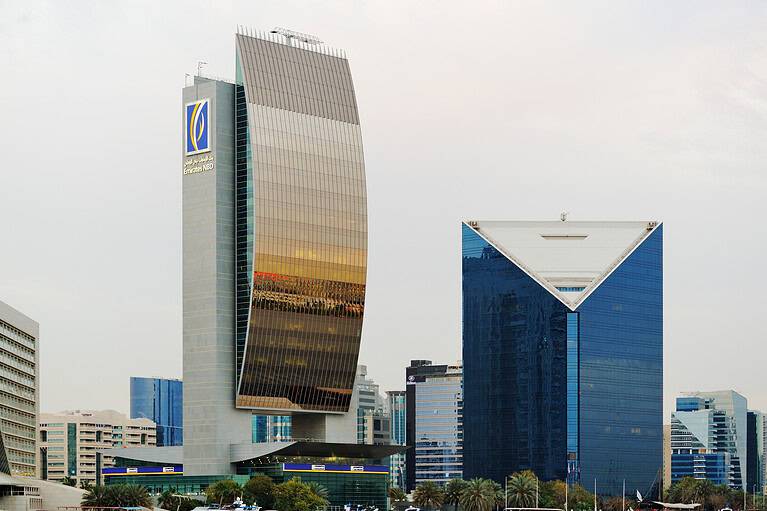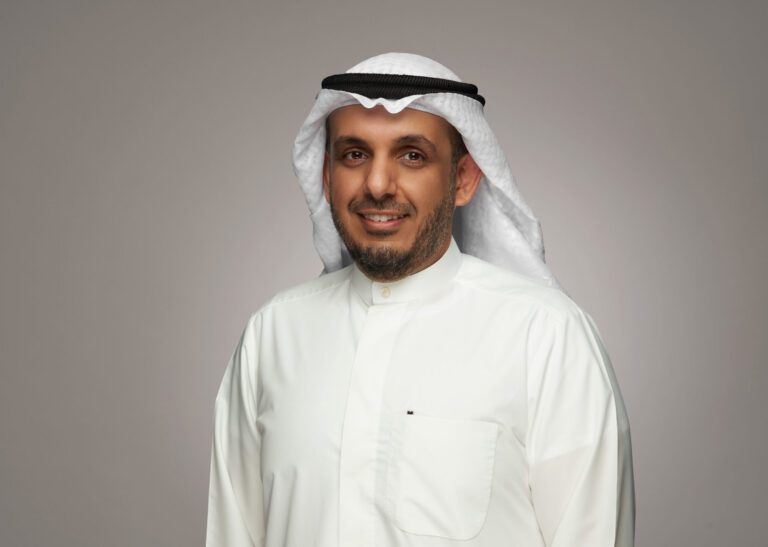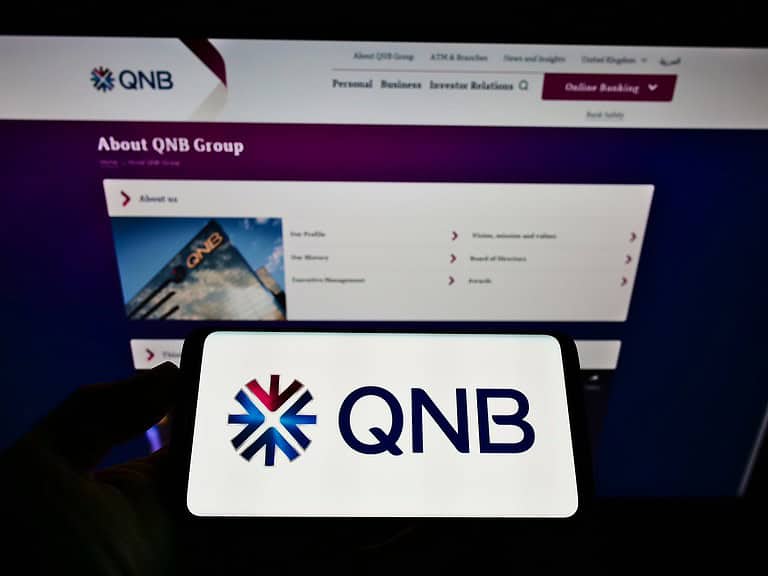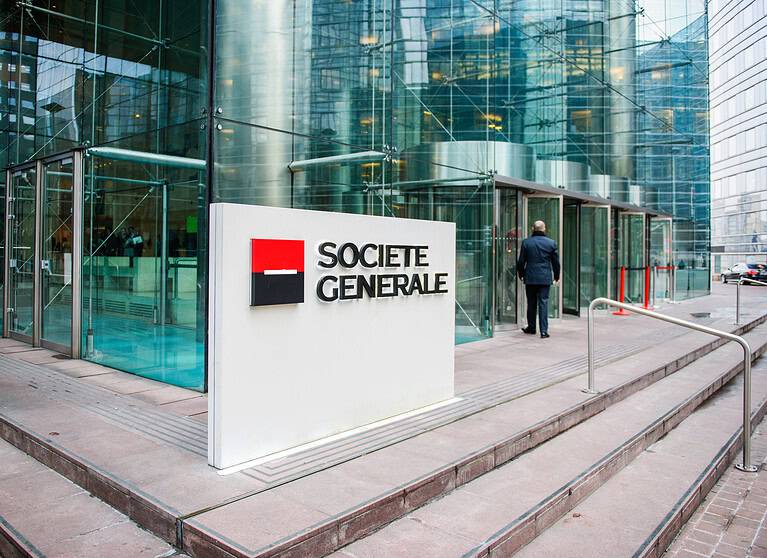
Award Winners
GW Platt Foreign Exchange Bank Awards 2026: Middle East
Emirates NBD drives FX innovation across 50 currencies, combining speed, analytics, and its 4X platform to optimize client execution.
Global news and insight for corporate financial professionals
Join the global community of corporate and public-sector finance industry leaders reading Global Finance monthly in print.
Click Here
Award Winners

Executive Interviews

Award Winners


Awards

Award Winners

Award Winners

Award Winners


Awards

Award Winners

Economics, Policy & Regulation

Award Winners


Award Winners